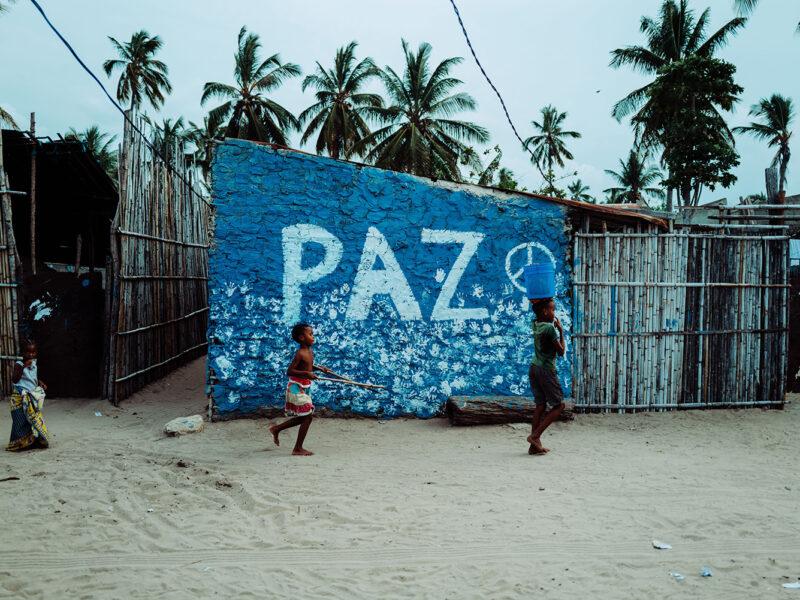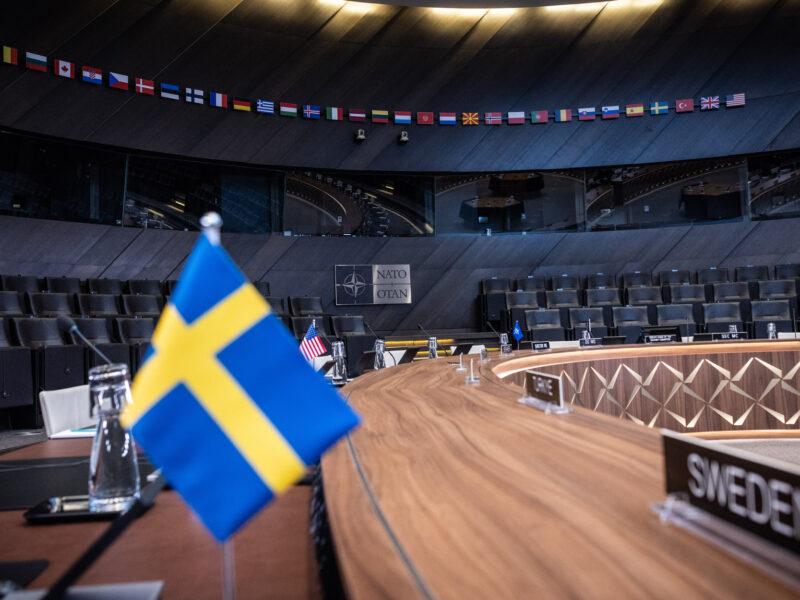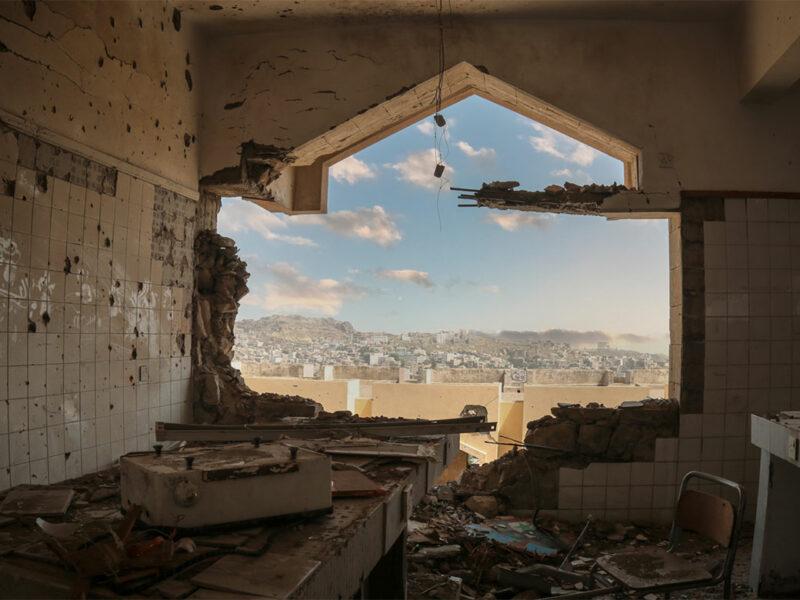How can we dance when our earth is turning
30 juli, 2021Thematic Officer Miriam van Baalen writes about how a new digital work environment can become both a bridge and a barrier for multidimensional peace operations.
After we land in Entebbe, the yawning line of passengers fills the arrival hall. My colleague and I nervously glance around us as security personnel covered in protective masks nonchalantly put a large clique of disinfectant gel in our palms. It is the end of February and we are in Uganda in the midst of the escalating COVID-19 outbreak to organise the fourth edition of the Senior Women Talent Pipeline Induction Course.
The UN wants to achieve gender parity within the organization by 2026, and in order to reach the goal more women in senior positions are needed. The Senior Women Talent Pipeline was started to attract more qualified women, by making global calls for women aspiring to civilian leadership roles in UN peace operations, and offering selected applicants training, mentorship support and job application support, among other things. FBA has supported the initiative for many years, for example by arranging trainings for members of the Pipeline upon request from the UN.
We are in Entebbe to hold one of those trainings, hosted by the UN Regional Service Centre. When we pass the visa control, we are clueless about the thermal camera scanning our body temperature.
Assuring a response to the outbreak, and that we have routines in place if someone should show symptoms of illness, dominates our preparations. A standard operating procedure is written, information pamphlets from UN headquarters are distributed. In our meeting with the core team – mentors, partners from the UN Department of Operational Support, and course facilitators – we discuss if we can avoid shaking hands during the training, while still building trust.
Studies show that a beneficial learning environment can be achieved only when establishing psychological safety, clear roles, peer support, interdependence, and positive relations. It might be trivial, but a handshake is an important ritual for building such trust and connectivity.
When the core team met for a pre-planning workshop in January, a vital seed was planted by co-creating the content and tailoring the course to the 2020 participant’s profiles, while at the same time revealing the person behind the impressive titles.
When the course starts on Monday morning, the 14 participating women from all over the world are informed about COVID-19 and the procedures in place. But as soon as the course programme begins, we enter into our own microcosmos. The senior UN mentors present themselves, telling their stories of why they are here, their relation to the Senior Women Talent Pipeline, and their strengths and fears while private photos are projected onto the screen.
The women observe how these giants in their field reveal both personality and vulnerability. Soon, the special corona-safe greeting has turned into a sort of dance, and conversations are redirected towards the themes of the course – peace operations, leadership and integrated missions. During the following days, the objective to provide and establish a network is realised. The members of our microcosmos emotionally share their thoughts about their families and how their workplaces are handling the crisis. They also discuss travel restrictions, quarantine and the access to virus testing for COVID-19. An ambassador is concerned for her children, and one of the mentors has to briefly step out of the room to address her duties in Syria. Parallel to our course in managing times of conflict and crisis, such a global reality is unfolding live.
During one of the coffee breaks, a UN Regional Service Centre staff member passionately tells me about the non-profit organization he runs. Initially, I glance at the time – I have to make sure that all is set for the next session – but I cannot help my growing fascination for his story. Most of his spare time is allocated to promoting health literacy in vulnerable communities, offering health care, dental and eye services and counselling. When he learns that my partner is a soon-to-be physician, he hands over his contacts on a yellow post-it. “I would love to invite him to Uganda. Imagine having a Swedish medic! Think of all the great things we could achieve together!” he bursts with a smile. In my role as a civil servant, I am not sure how to respond to his offer, but I fold the note with care and put it in my pocket.
When the course is over and the women have been handed the certificates of participation, the room is filled with gratitude. New perspectives have shed light on issues addressed from a multitude of angles. Insights have taken form, experiences have been shared. Contacts have been exchanged, friendships have been tied. Collectively, these passionate humans – whether working right under the UN Secretary-General, representing their country abroad, or working as IT-support with a dream of promoting health – truly have the power to change the world for the better.
av Miriam van Baalen
Våldet eskalerar i norra Moçambique. Under årets två första månader skördades nästan lika många dödsoffer som under hela fjolåret. Halshuggningar, brända byar, långa följen av flyende människor och svarta IS-flaggor som vajar i övertagna områden. Efter sju år av våldsamma attacker fortsätter ett komplext konfliktsystem att veckla ut sig, med konsekvenser för hela regionen. Vi […]

Den svenska flaggan är nu hissad som nummer 32 utanför Natos högkvarter i Bryssel. Sverige är efter 30 år inom Natos partnerskap för fred nu fullvärdig medlem i Nato. Inte bara en militärallians Nato är en mellanstatlig organisation, en säkerhetspolitisk allians med militär kapacitet. Av de 32 medlemmarna finns våra sen tidigare mest likasinnade länder […]

2023 har passerat som ett av de våldsammaste och konfliktdrabbade åren på mycket länge. Inte bara den fruktansvärda utvecklingen I Israel och Palestina och det fortsatta ryska invasionskriget i Ukraina, utan det har också varit en förödande utveckling i Sudan, i Sahelområdet, Östra DRK. Väpnad konflikt har fortsatt på Afrikas horn, i Mocambique, i Syrien […]

Under förra året dog det dubbelt så många i väpnade konflikter än året dessförinnan. När Uppsala Universitet snart ska sammanställa årets dödsiffror kommer de att behöva inkludera det exceptionellt stora antalet offer i Israel och Palestina, utöver de många andra pågående väpnade konflikterna runt om i världen. Återigen blir det tydligt att det främst är […]